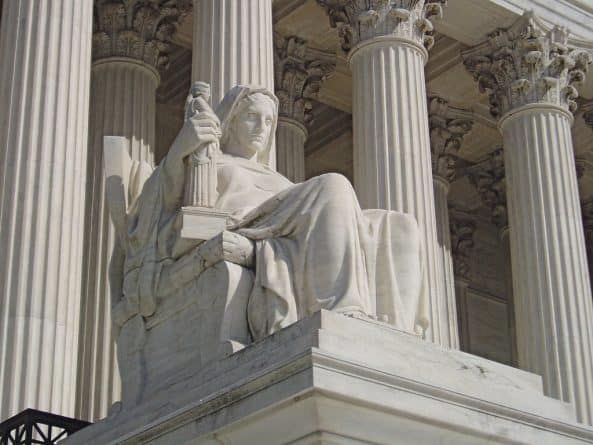The Supreme court agreed to consider the appeal of three new Yorkers on the court’s decision in new York, confirmed the restrictions on the rights of gun owners during carriage. Plaintiffs supported the national rifle Association and this is the first major weapons deal, the consideration of which will go to the Supreme court over the last 10 years.

The essence of the claim that the rules of the city, introduced in new York, has constrained the ability for gun owners to travel with him around the city. The plaintiffs said that during the trip, for example, to the range, carry a weapon without bullets, they are entitled to according to the received license. NY motivated travel ban weapons known cases of mass shootings and the desire to limit the territory of finding weapons the house of its owner.
The lower courts in 2018, refused to the plaintiffs, upholding the rules of the city. Media noted that the Supreme court decided to review this issue at a time when there is a conservative majority that can take the side of the gun lobby. Recently the conservative wing intensified: Donald trump appointed by the judges of the Nile Gorsuch and Brett kavanaugh. Cavanaugh, included in the composition of the Supreme court, has long distanced himself from the consideration of politically sensitive cases. But in December Cavanaugh ruled in the case of Planned Parenthood, which was in favor of the liberals. What would be his attitude to the arms deal, now time will tell.
Consideration of the issue will be held next term — that is, from October to June 2020. Directly the lifting of the restrictions in new York, in the case of such a verdict of the Supreme court, does not entail big changes. But this solution can be used as a precedent to challenge the defenders of the rights of gun owners by a number of other rules and regulations. «The problem in this case seems small, but the consequences can be huge,» said Reuter Adam Winkler, Professor at the University of California in Los Angeles.